Hezbut Tawheed's Mosque-Centered Governance Model
Category :
Islam
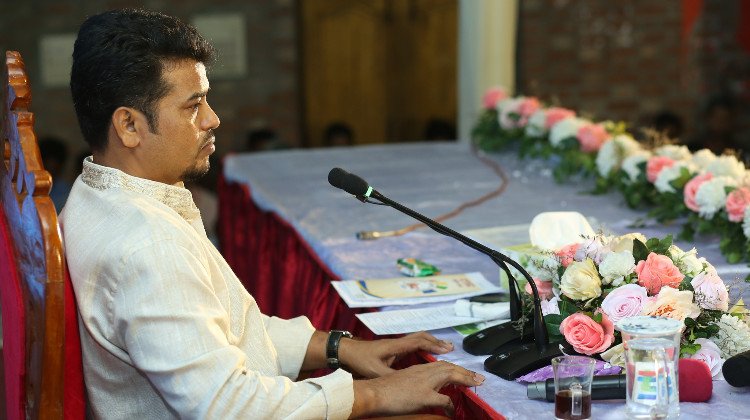
Author ::
Salzar Rahman Sabu
Jan 27, 2026
visibility
696 Read
The word masjid means “place of prostration.” However, prostration is not merely placing one's head on the ground for Allah, but rather the act of complete obedience to His commands. The Qur'an makes this clear through its usage of the word sajda (prostration). Allah says, “Whatever is in the heavens and the earth prostrates to Allah, willingly or unwillingly” (Surah Ra’d 13:15). Elsewhere, He says, “The stars and the trees prostrate to Him” (Surah Rahman 55:6, Surah Nahl 16:49).
For believers, religious and worldly life are intertwined. Therefore, in Islam, a mosque is not just a place of worship but serves as an administrative center for society and the state. During the early days of Islam, the mosque served as the hub of social, political, military, and spiritual activities.
After migrating to Madinah, the Prophet’s (ﷺ) first act was to build a mosque, which became the nucleus of all operations. Unfortunately, today mosques are used only for prayers and remain locked outside prayer times. Having separated social, educational, political, economic, and judicial functions from the mosque for centuries, the mosque has lost its holistic identity and now exists solely as a prayer space.
Based on the activities that took place in the mosque during the Prophet’s time, Hezbut Tawheed outlines the following policies in its proposed system of governance:
Administrative Center
In populated areas such as unions, sub-districts, and district centers, state-funded Jame Mosques will be built to facilitate administrative and economic activities and ensure public accessibility.
Daily prayer mosques (Panjegana) may be built through community funding but only with government approval. All mosques will be state-regulated and serve multiple national functions. The culture of constructing mosques on disputed land or without proper authorization will be stopped.
Friday sermons will follow centrally issued guidelines to relay national policies and messages. Through Friday prayers, people will receive updates on state perspectives and Islamic morals.
After regular prayers, community discussions mediated by mosque leaders (Amirs) will resolve conflicts, share information, and prevent the spread of rumors and disunity. Misuse of mosques for spreading hate or misinformation will not be tolerated.
Economic Center
Mosques will be a primary venue for collecting state taxes and donations, though modern methods may also be used. These funds will be forwarded to the central Bayt al-Mal (public treasury). Imams and khateebs will be considered state officials and receive government salaries commensurate with their status.
Muezzins and caretakers will also be compensated by the state, eliminating the need for public donations or roadside fundraising. From the mosque, aid will be distributed to the poor and needy.
Judicial Center
To make justice accessible, Jame Mosques will serve as arbitration centers where free community-based dispute resolution will be provided. Qualified judges in Islamic and civil law will conduct weekly hearings, issue verdicts, and enforce rulings.
On Fridays, exemplary punishments may be carried out publicly to uphold transparency and strengthen trust in Islamic justice. Serious or complex cases will be referred to higher courts, but most issues will be resolved locally.
Education and Training Center
Prayer (Salah) serves as character training for the Ummah—instilling unity, discipline, obedience, punctuality, teamwork, patience, focus, and spirituality.
Besides prayer, mosques will be educational centers for both men and women. Learned scholars will teach both religious and worldly subjects. Free Qur’an and Hadith lessons, practical jurisprudence, state regulations, and Islamic culture will be taught.
Separate institutions like schools, colleges, and universities will also exist. In the Prophet’s time, mosques also hosted sports, physical training, archery, and wrestling. The Prophet (ﷺ) would attend and sometimes participate with his family. Such activities offered recreation while keeping the youth active, strong, and ready to oppose injustice.
Residential Facilities
State guest houses will be built around mosques for government officers. The Prophet (ﷺ) himself lived near the mosque, and some Companions lived inside it—known as Ashab al-Suffa. Representatives from other tribes or states were also accommodated within mosque premises.
During later caliphates, mosque complexes were vast—for example, the Samarra Mosque in Iraq, built in 854 CE by Caliph al-Mutawakkil, covered 200,000 square meters. Inns (sarai khana) nearby offered food and shelter to travelers, the poor, and disaster-stricken people. These were funded by local donations and agricultural levies. Unlike today’s commercial hotels, hospitality in Islamic society was driven by compassion, not profit.
Women’s Participation
Women will have unrestricted access to mosques at all times for prayer or resolving personal crises. No one may deny this right. They will participate equally in prayers, sermons, judicial processes, weddings, aqiqah (naming ceremonies), discussions, and community events.
During Caliph Umar’s time, women frequented mosques so often that separate doors had to be constructed. In the early golden age, men and women prayed in the same congregation and listened to sermons together.
Law Enforcement and Military Functions
A nation’s law and military are critical. During the Prophet’s time, military operations were centered in the mosque. The area indicating the qibla direction was called the mihrab, meaning “battlefield.” Today, advanced military operations require bases, cantonments, airfields, and technology such as tanks, missiles, submarines, drones, and force fields. These will be maintained by the state’s armed forces.
However, mosques can still be used to train the general public in basic discipline, physical fitness, and civic duty, as they are hubs of voluntary participation. Linking the country’s thousands of mosques with national, military, economic, law enforcement, and social efforts will make them powerful institutions for development, peace, prosperity, and national security.
Social Events and Cultural Practices
Weddings, aqiqahs, and various religious and social functions will be conducted at the mosque. During the Prophet’s time, such ceremonies were often held there, and he encouraged the practice. Mosques will be key centers of Islamic cultural activity, helping counter toxic trends and foster a healthy culture.
Additionally, they can serve as centers for social services and family counseling, reducing the government’s need for separate administrative offices.
Images Related to this Post
Tags:
- HezbutTawheed
- mosque
- governance
- Islam
- society
- administration
- justice
- education
- military
- economy
- women
- culture
- unity
- law
- Quran
- Hadith
- prayer
- leadership
- Madinah
- BaytalMal
- Amir
- discipline
- khutba
- transparency
- spirituality
- youth
- training
- morality
- Ummah
- Prophet
- sharia
- community
- peace
- development
- security
- national
- khutbah
- sabr
- zakat
- sufism
- equality
- mosquesystem
- participation
- aqiqah
- accountability
- tradition
- modernity
Related Post
Search
Popular Post
Recent Post
Tags
Hezbut_Tawheed
Imam Hossain Mohammad Salim
Bangladesh Violence
Religious Extremism
Mob Attacks
Human Rights Violations
Minority Persecution
Rangpur Attacks
Jamaat-E-Islami
Hefazat-E-Islam
Tawheed
Muslim Ummah
Islamic Unity
Shirk
Kufr
Islamic Revival
Kalima-E-Tawheed
Obedience To Allah
Deen-Ul-Haq
Hizb-Ut-Tawheed
Ram Temple
Third Temple
Ayodhya
Jerusalem
Religious Politics
Babri Masjid
Al-Aqsa
Zionism
Hindutva
Netanyahu
Religious Hate
Muslim Unity
Noakhali Conference
Imam Salim
Islamic Movement
Shahidi Jame Mosque
Ht Members Conference
Bangladesh Religious Persecution
Islamic Reform Movement
Extremist Violence
Human Rights Bangladesh
Sonaimuri Noakhali Attack
Political Extremism Bangladesh
Faith-Based Violence
Eid Al‑Fitr
Zakat Al‑Fitr
Ramadan Charity
Islamic Social Justice
Community Harmony
Bangladesh Poverty
Islamic Economy
Sadaqah
Fitrana
Eid Unity
Arab History
Islamic Governance
Caliph Umar
Social Transformation
Women’s Rights In Islam
Justice In Islam
Political Systems
Islam Vs Democracy
Islam And Knowledge
Islamic System
Prophet Muhammad
Farewell Sermon
Hajj
Global Peace
Human Rights In Islam
Dhul-Hijjah
Arafat Sermon
Islam Vs Un Charter
Unemployment In Bangladesh
Education System Failure
Educated Unemployment
Jobless Graduates
British Education Legacy
Youth Crisis
Hezbut Tawheed Views
Bids Report
Ssc To Masters Job Race
Middle Class Dilemma
Kerani Mentality
Excessiveness In Religion
Religious Distortion
Overinterpretation Of Islam
Misguided Enthusiasm
Warnings Of The Prophet
True Islam
Spiritual Clarity
Abandoning The Mission
Chormonai Pir
Desherpotro
Islamic Reform
Persecution In Bangladesh
Religious Violence
Jamaat-E-Islami Attacks
Islamic Truth Movement
Women And Knowledge
Islamic Feminism
Gender Roles
Social Awareness
Muslim Women
Female Empowerment
Islamic History
Qur’anic Guidelines
Obeying Allah’s Commands
Islam And Suffering
Workers' Rights In Islam
Labor Justice
May Day Islam
Islamic Society Model
Chashirhat Development
Imam Hossain Mohammad Selim
Islamic Brotherhood
Fair Wages
Islamic Military Strategy
Tawheed-Based State
National Security
Qur’anic Warfare
Mujahideen
Peacekeeping
Modern Islamic Army
Military Training
Ummah Defense
Sharia Governance
Southasia
Extremism
Bangladesh
India
Pakistan
Myanmar
Jihad
Islamophobia
Radicalism
Resistance
Conflict
War
Terrorism
Proxywar
Bjp
Hasina
Ghazwa
Kashmir
Rohingya
Arsa
Militancy
Ideology
Unity
Awareness
Injustice
Arms
Geopolitics
Gaza
Hypocrisy
Taliban
Alqaeda
Afghanistan
Syria
Iraq
America
China
Russia
Media
Violence
Oppression
Nationalism
Muslim
Islam
Justice
Youth
Leadership
Sovereignty
Hezbuttawheed
Mosque
Governance
Society
Administration
Education
Military
Economy
Women
Culture
Law
Quran
Hadith
Prayer
Madinah
Baytalmal
Amir
Discipline
Khutba
Transparency
Spirituality
Training
Morality
Ummah
Prophet
Sharia
Community
Peace
Development
Security
National
Khutbah
Sabr
Zakat
Sufism
Equality
Mosquesystem
Participation
Aqiqah
Accountability
Tradition
Modernity
Ummati Muhammad
Unity In Islam
Sunnah
Islamic Teachings
Muslim World
Deen Of Islam
Security Crisis
National Unity
Political Unrest
Military Vulnerabilities
Strength
Solidarity
Disunity
Muslim Nations
Women's Rights
Rufaidah Panni
Eid Congregation
Islamic Women Empowerment
Social Justice
Equality In Islam
Momen
Kafir
Mushrik
Allah's Laws
Faith In Islam
Belief In Allah
True Believers
Kalimah
Shariah
Justice And Peace
Political Parties
Multiparty Democracy
Political Factionalism
Islamic Political System
Democracy Vs Islam
Secularism
Political Ideologies
Islamic Law
Political Vision
Governance Without Parties
Political Stability
Islamic State
Shura System
Islamic Perspective
Women’s Reform Commission
Family Law
Inheritance Law
Labor Recognition
Shariah Law
Gender Equality
Religious Opposition
Feminist Movement
Human Rights
Political Debat
Arab Society
Islamic Economic Justice
Military Transformation
Education In Islam
Judicial Independence
Accountability In Islam
Islam And Democracy
Societal Transformation
Governance Systems
Surah Yaseen
Islamic Guidance
Religious Work
Misguidance
Imam Role
Religious Commercialization
Truth And Falsehood
Religion And Society
Quranic Teachings
Ethical Leadership
Spiritual Struggle
Religious Scholars
Religious Corruption
Quranic Verses
Islamic Scholars
Prophet Muhammad (S.a.w)
Military Nation Of Islam
Sahabah
Lost Legacy
Ummah Of Muhammad
Jehad
Qetal
Islam And Violence
Islamic Leadership
State Vs Individual Struggle
Allah's Help
Islamic Reflection
Divine Support
Muslim World Crisis
Quran Teachings
Islamic Awakening
Qurbani
Bangladesh Politics
Eid Ul Adha
Islamic Sacrifice
Bangladesh Crisis
Global Conspiracy
Sacrifice
Labour Rights
Employment Crisis
Bangladesh Economy
Wage Gap
Inflation
Unemployment
Education Reform
Job Creation
Income Inequality
Post-Pandemic Economy
Eid-Ul-Azha 2025
Bangladesh Eid Congregation
Eid Prayer 2025
Women's Participation
Peace & Justice
Bangladesh Religious Events
Eid-Ul-Azha Message
Khilafah
Global Oppression
Islamic Festivals
Quranic Guidance
Spiritual Sacrifice
Ibrahim's Sacrifice
Eid Mubarak
Peace Through Tawheed
Women's Reform Debate
Bangladesh Women's Rights
Hezbut Tawheed Position
Islamic View On Women's Rights
Legal Reforms Bangladesh
Family Law Reform
Inheritance Rights
Sharia Law Bangladesh
Women's Equality
Western Influence
Religious Groups Debate
Gender Equality Islam
Islamic Social Solutions
Women's Dignity In Islam
Islamic Solutions
Beyond Politics
Labor Rights
Class Struggle
Economic Solutions
May Day Analysis
Economic Justice
Divine Accountability
Global Economic Crisis
Capitalism Vs Islam
Socialism Vs Islam
Savar Attack
Ishwardi Attack
Religious Fanaticism
Political Manipulation
Islamic Extremism
Government Response
Democratic Threats
Islamic Teachings Misuse
Radical Ideology
Communal Conflict
Radical Groups In Bangladesh
Terrorism In Bangladesh
Islamic Rights
Mosque Access
Eid Prayer
Muslim Women Empowerment
Prophet Muhammad Teachings
Women In Mosques
Women Rights In Islam
Gender Equality In Islam
Masjid An-Nabawi
Women's Role In Islam
Misconceptions About Women
Women Participation In Mosque
Eid Khutbah 2025
Islamic Sermon
Hossain Mohammad Selim
Bangladesh Eid
Qurbani Meaning
Women In Islam
Rufaydah Panni
Islamic Congregation
Female Participation In Eid
Chashirhat Eid
Palestine Solidarity
Eid Prayer Bangladesh
Women In Eid
Kushtia Rally
Gaza Crisis
Muslim Persecution
Bangladesh News
Peace Movement
Humanity
Divine Law
Social Reform
Religious Harmony
Truth
Call To Action
Palestine
Dajjal
Islamic Struggle
Mohammad Bayazid Khan Panni
Genocide
Oic
Protest
National Press Club
Rangpur Attack
Religious Reform
Karwan Bazar Protest
Terrorist Attack
Law And Order Failure
Emamht
Ht_In_Brief
Pabnaattack
Justiceforvictims
Humanchain
Politicalviolence
Legalreform
Endimpunity
Bangladeshjustice
Hezbuttawheedleaders
Demandjustice
Pabnapressconference
Policeinaction
Proposedgovernancesystem
Islamicstatesystem
Allahslaw
Economicreform
Educationreform
Capitalismcritique
Dhakaevent
Purposeofcreation
Humancreation
Khalifah
Allahsplan
Divineguidance
Adamsstory
Islamicteachings
Peaceandjustice
Sovereigntyofallah
Lailahaillallah
Islamiccreed
Aqidah
Islamicfaith
Iman
Deen
Peaceinislam
Purposeofislam
Beliefsystem
Faithandworship
Why
Escalate
Mohammad Bayazeed Khan Panni
Hossain Mohammad Salim
Religious
Extremist
Interfaith
Situation
Ultimatum
Threats
Extremist Attack
Attack
Movement
Barakat Hossain Osama
United Kingdom
Conservative Party
Donald Trump
Secular Leadership
Fanatical Populace
Fanatical
Populace
Religion
Extensive Damage
Catastrophic Flooding
High School
Urgent Help Needed
Devastated
Allah
Modus Operandi
Messenger
Believer
Messenger Of Allah
People
Human
Jame Mosque
A Cornerstone
Cornerstone
A Just Society
The Establishment
Establishment
History
Messenger Muhammad
Simple And Straightforward
Who Made
The Simple
Complex
Way Of Life
Jannah
Way To Jannah
Civilization
Religious Figures
Survive
Politics
Worship
Establish
Goals And Objectives
System Of Life
Money
Tolerance
Madness
Mo'men
Today’s
Educated
Needs
Corruption
British
Government
Democracy
Communism
Socialism
Political
Secular Education
Responsible
The Reign
Hindu
Terrifying
Slavery
Jewish Conspiracy
The Protocols Of The Elders Of Zion
Politician
Give And Take
Education System
European
Population
Mentality
Slave
Preface
Children
The Quran
The Miracle
Creator
The Creator
Creation Of Man
The Creation Of Man
Premise
First Words
Aqida
The Programme
The Messenger
Mankind
Actual
Concept Of Islam
Crossroads
Mojeza
The Call
Panni
The Author
Qur'an
Process
The Process
A Person
Tabook
The Special Three
Special
The Tabook
The Ahzab
Ahzab
Khandak
The Uhud
Uhud
The Badr
Badr
Ebadat
Ma'bud
Vicegerent
Worshipper
Aqaed
The Reasons
Reasons
Reason
Adam
Eblis
Khalifa
Angels
Adam And Eve
Adam And Hawa

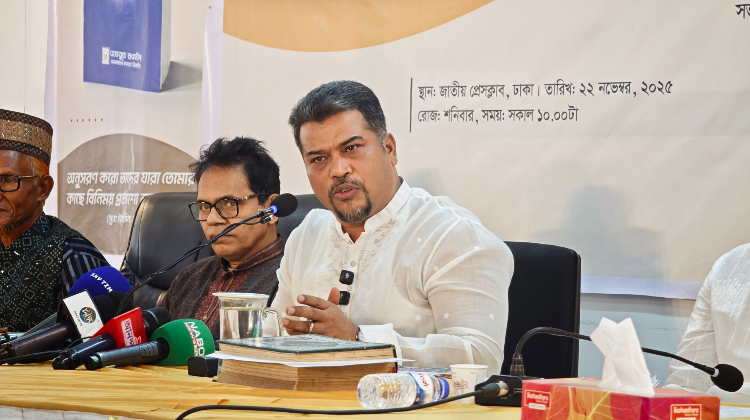
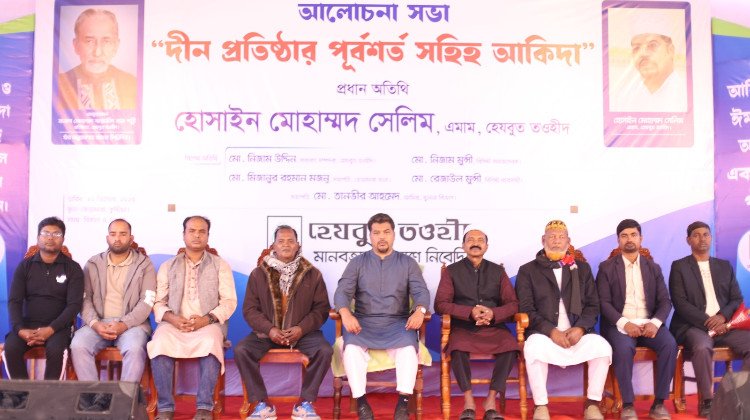
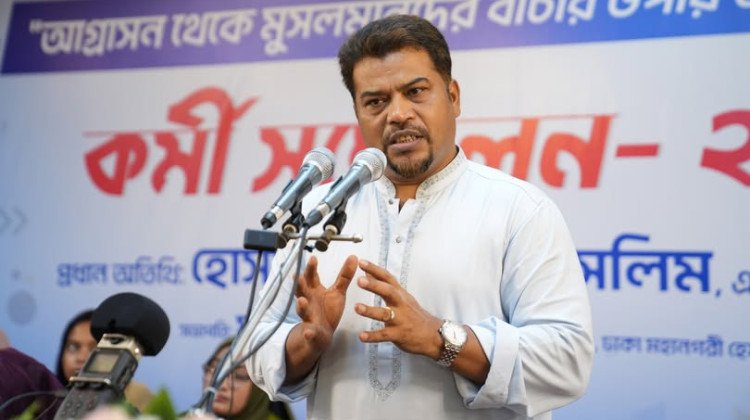
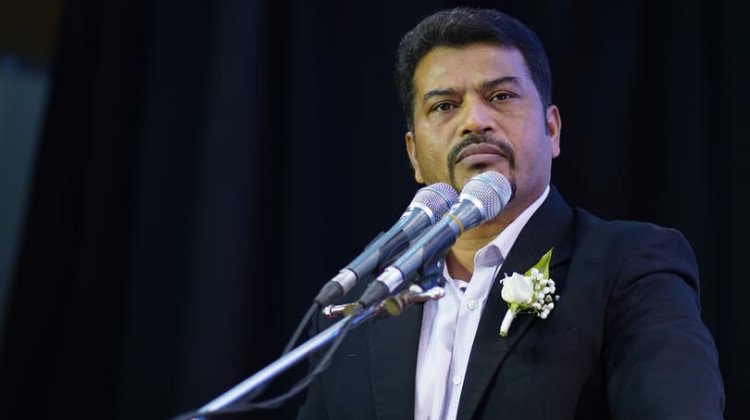
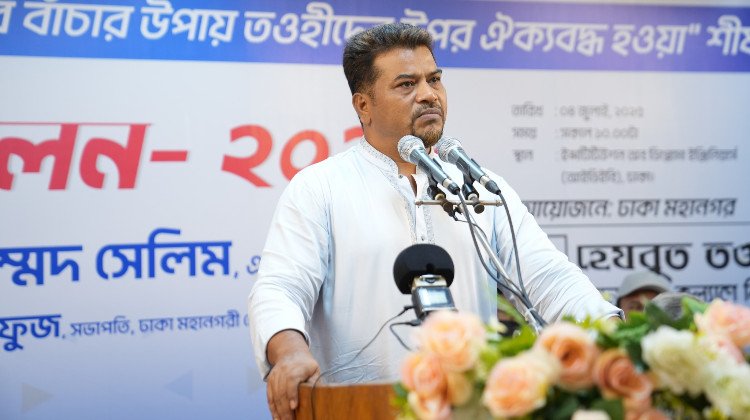
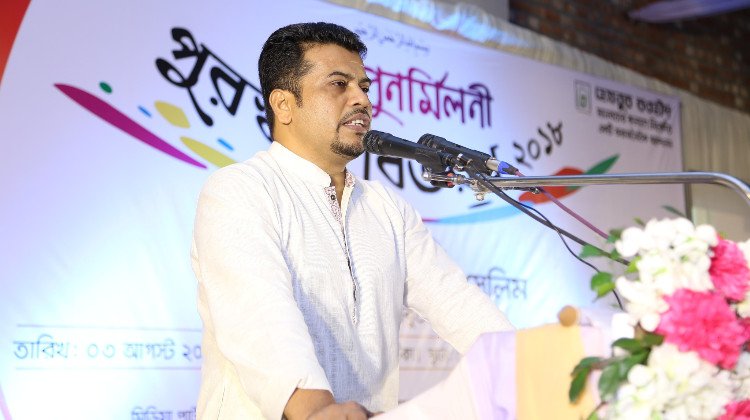
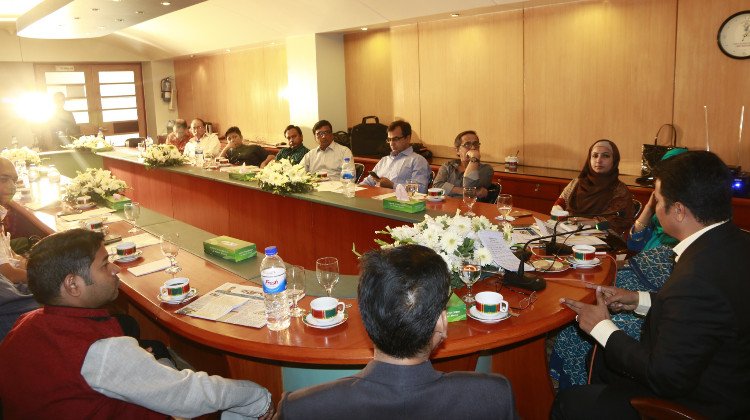
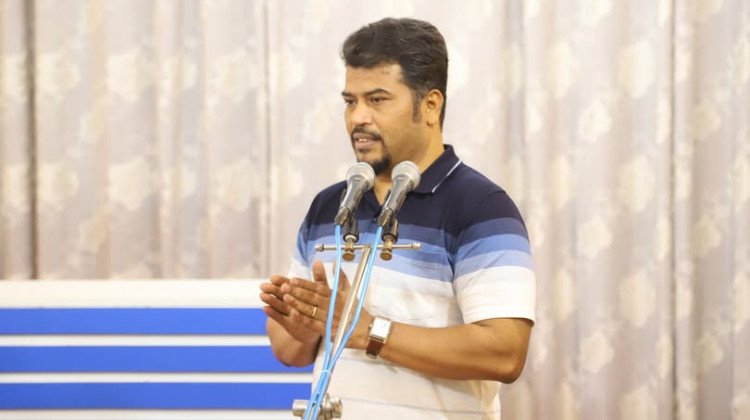
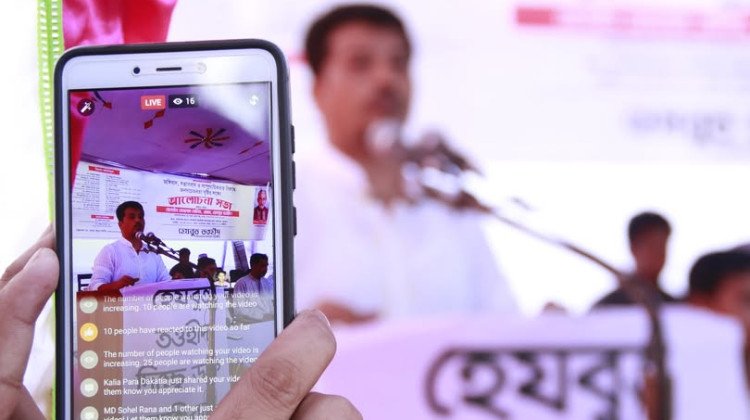
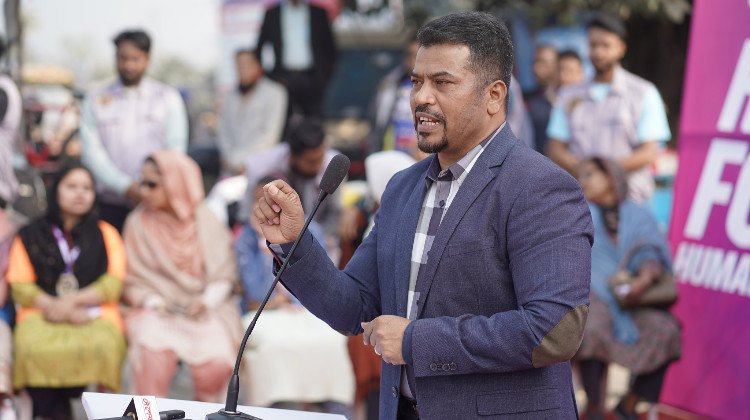

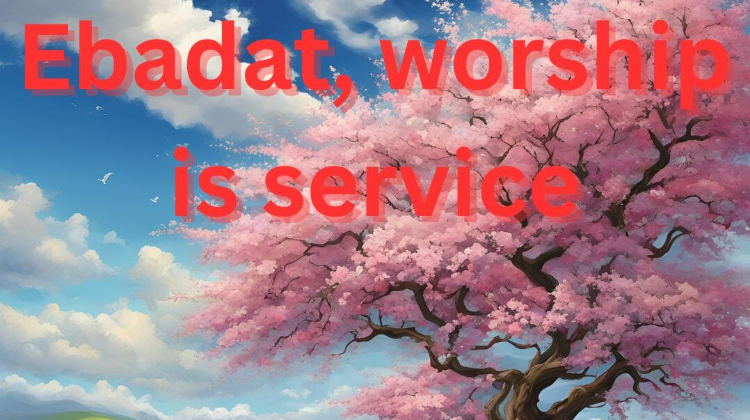

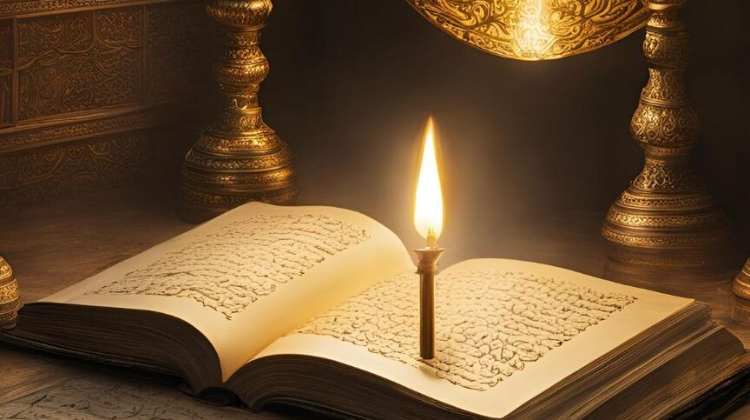


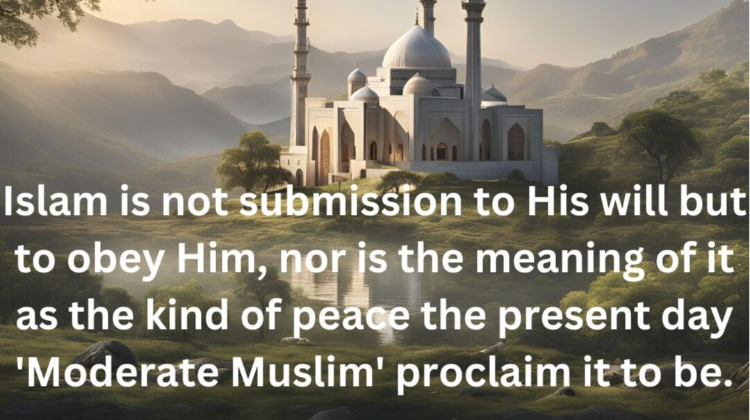

Leave a Comment